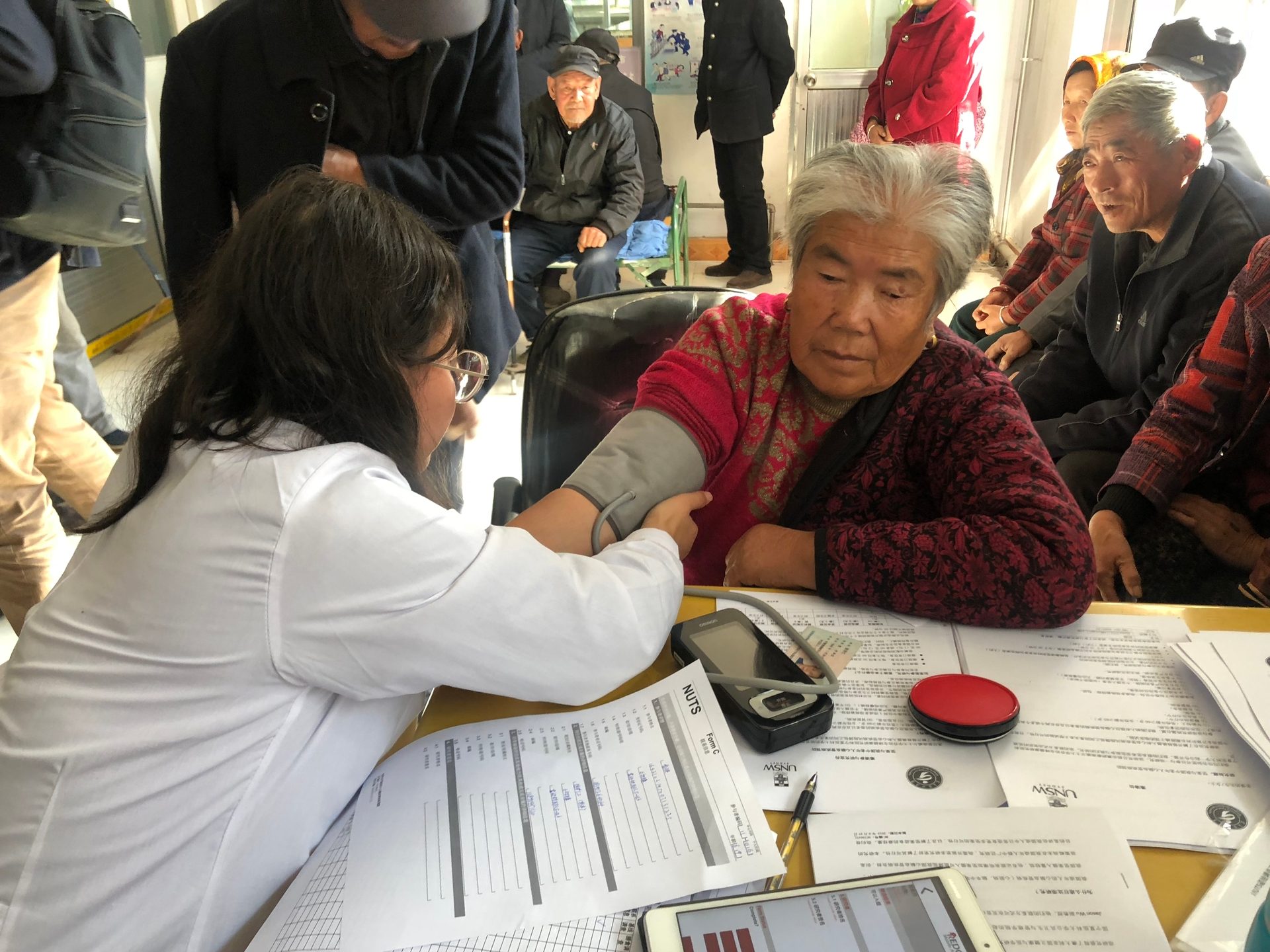
Exploring the Causal Relationship between Nuts Intake and Cardiovascular Disease Risk
Recently, the George Institute for Global Health, together with Ningxia Medical University, Tufts University's Friedman School of Nutritional Sciences and Policy, and the Peking University Clinical Research Institute, jointly commenced the “Nuts and Chinese Adult Cardiovascular Disease Prevention Study” (NUTS), in order to provide solid and direct evidence for policy makings related to the consumption of nuts.
Nuts have long been seen as a type of food that reduces risks of cardiovascular disease. However, as the conclusion that “nuts are good for health” is widely derived from observational studies, it is not clear whether increasing nuts intake can prevent serious cardiovascular disease events, like stroke and heart attack. Therefore, large-scale randomized controlled trials are critically needed; of which NUTS has been designed to assess the feasibility of such a clinical trial in China.
The pilot study will be conducted in six rural areas of the Ningxia Hui Autonomous Region, where the plan is to recruit 210 patients at high-risk for cardiovascular disease. Subjects were randomly assigned to a low-dose group (30 grams of walnuts per day), high-dose group (60 grams of walnuts per day), or control group (blank control) on a 1:1:1 ratio. The study will last six months, and researchers will collect fasting blood samples from all subjects at both baseline and 6 months. Follow-up visits will be conducted at 2 weeks, and 3 and 6 months after commencement of the intervention. The main outcome indicators of the study will be levels of plasma linoleic acid (a biomarker that reflects walnut intake); the secondary outcome indicators will include the subjects' self-reported acceptance of walnut supplements and changes in subjects' weight; and the exploratory outcome indicators of plasma lipid levels and blood sugar.
Past studies of nuts and health have been mainly observational studies where cause and effect relationships are hard to understand, said Liu Yishu, doctoral researcher at the George Institute for Global Health (China). “Large randomized controlled trials with high quality implementation are needed to specifically determine whether nut consumption reduces the risk of cardiovascular disease. We expect our project will provide the necessary solid foundation for future research”.
Dr. Jason Wu, Senior Research Fellow at the Food Policy group of The George Institute explained: “the current large-scale dietary survey shows that people in many countries including China have low levels of nut intake, with significant differences between the actual intake and the recommended optimal intake. The implications are that treatment of cardiovascular disease could be improved through increasing nut intake.
Professor Zhao Yi from Ningxia Medical University mentioned that walnuts are one of the most commonly used nut supplements, and are widely accepted as a snack among Chinese adults. So the project team chose walnuts as intervention content to test the feasibilities of this nut supplement in China's middle-aged and elderly population and to evaluate the preliminary effect.
The research project is funded by the National Health and Medical Research Council of Australia.




